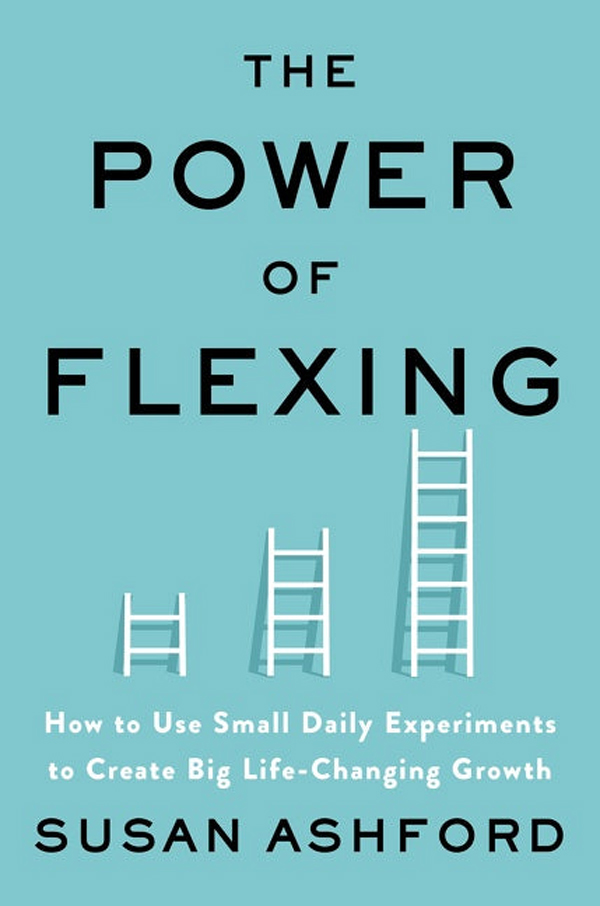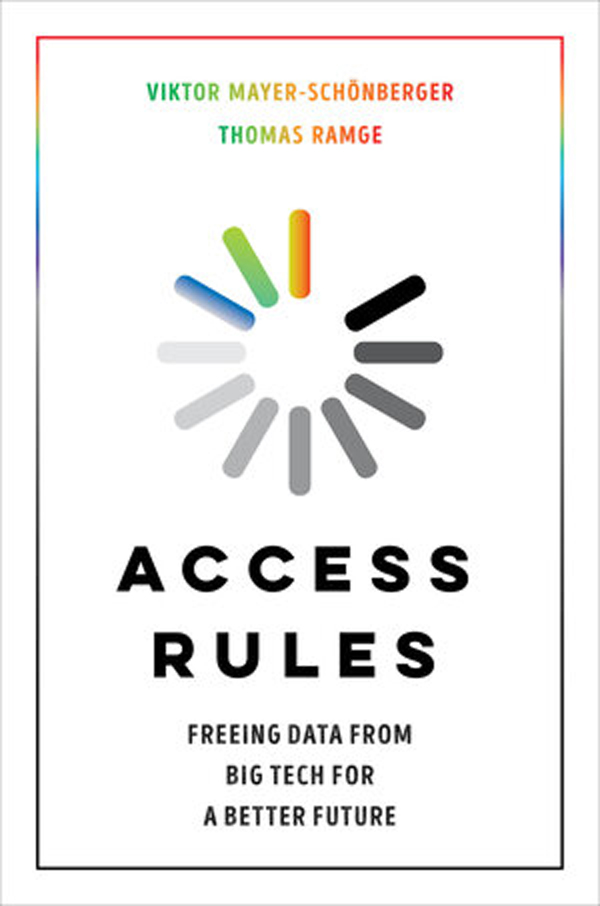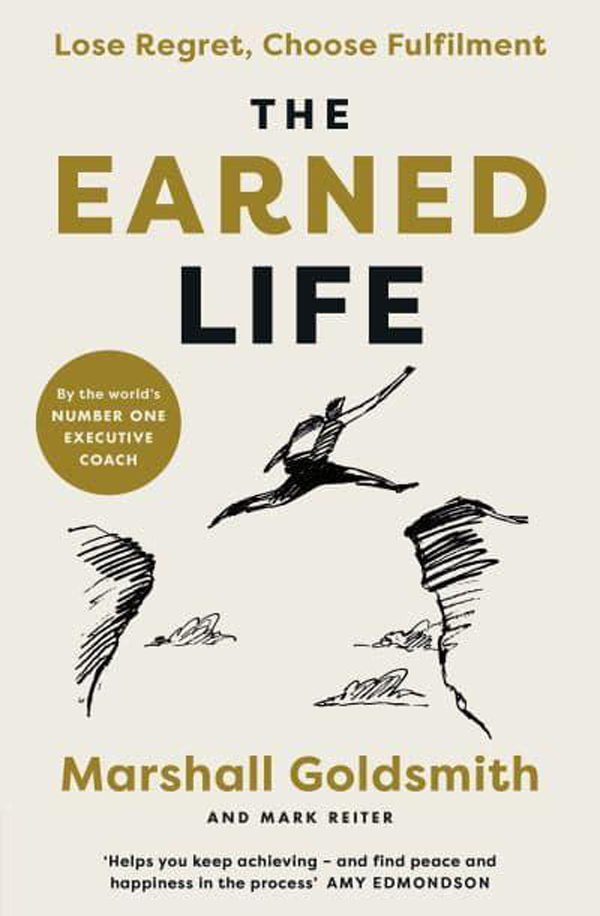Eight Business Books to Challenge Your Thinking
Reading recommendations from MIT SMR’s editors on managing hybrid work, embracing change, and finding fulfillment as a manager.
Topics

We hope our readers are able to enjoy plenty of downtime this summer, as leisure and rest are an important part of preventing burnout and allowing ourselves time to develop new ideas.
We’ve rounded up recommendations for eight books that have held our attention recently, in the hopes that your summer reading list can help you feel less stressed and more successful as a leader in the months ahead.
Get Updates on Transformative Leadership
Evidence-based resources that can help you lead your team more effectively, delivered to your inbox monthly.
Please enter a valid email address
Thank you for signing up
Subtract: The Untapped Science of Less
Leidy Klotz
Overwhelmed, overloaded, or ensnared by problems of ever-increasing complexity? Leidy Klotz sees the root of the problem as our instinctive tendency to add more — possessions, initiatives, strategies, goals, features, you name it — and our corresponding reluctance to prune, edit, and subtract. Subtract (Flatiron Books, 2021) illuminates the biological and cultural forces that drive us to pile on more rather than improve through simplification, and she invites us to begin to deliberately practice subtraction. We can do this by taking a “first, subtract” approach to problems, especially ones bound in complex systems. As Klotz writes, quoting Lao Tzu, “To attain knowledge, add things every day. To attain wisdom, remove things every day.”
— Elizabeth Heichler, executive editor
Good Arguments: How Debate Teaches Us to Listen and Be Heard
Bo Seo
In a classic MIT SMR article about how leaders can get others to adopt their recommendations, Nancy Duarte, CEO of a creative consultancy, wrote about the importance of always considering what your audience needs to hear. When your audience changes, so too should the language you use to make yourself understood.
That message is amplified in Good Arguments (Penguin Press, 2022), in which debate-world superstar Bo Seo recounts how he came to use language as a lever rather than a cudgel. As an awkward 9-year-old who had just emigrated from South Korea to Australia, Seo found that “the distance between being odd and being at odds was short, and a gesture or some words, misinterpreted or misconstrued, could push one over the line.” He eventually found solace, and power, in the world of debate.
“My argument is that competitive debate can teach us how to disagree better in our everyday lives,” Seo writes. “We should disagree in such a way that the outcome of having the disagreement is better than not having it at all.”
— Leslie Brokaw, senior contributing editor
The 4 Day Week: How the Flexible Work Revolution Can Increase Productivity, Profitability and Well-Being, and Create a Sustainable Future
Andrew Barnes, with Stephanie Jones
Andrew Barnes adds to the growing body of literature on the four-day workweek (and other types of flexible work) by putting his own company’s experience into the context of larger socioeconomic and global environmental trends. In The 4 Day Week (Piatkus, 2020), he makes a strong case for creating a more sustainable and humane work model than is offered by either the “hustle culture” of Wall Street and Silicon Valley or the gig economy. At the same time, Barnes offers practical advice and guidance for leaders considering a foray into the four-day week.
Barnes’s model puts productivity front and center. Employees get 100% of their pay working only 80% of the hours, as long as they hit 100% of their productivity. His company achieved this by engaging employees in identifying and reducing the various distractions and time wasters that fill so many workers’ days (such as unnecessary meetings, non-work-related internet usage, and alerts that pull us from staying focused on a task). In a world where, according to various research studies, the average worker is actually productive less than three hours a day, achieving Barnes’s vision seems quite doable.
While the idea of measuring and managing work based on outcomes or even outputs isn’t new, few organizations are very good at it when it comes to knowledge work. Yet doing this is essential for businesses that want to break away from the industrial model of work — having employees at their desks or stations for a predetermined 40-hour workweek in front of managers’ eyes (or tracking technologies) without a clear idea of what they’re getting in return.
— Abbie Lundberg, editor in chief
The Power of Flexing: How to Use Small Daily Experiments to Create Big Life-Changing Growth
Susan Ashford
Drawing on decades of experience in management teaching and research, Susan Ashford, a professor at the University of Michigan’s Ross School of Business, offers an incredibly timely framework for leadership development. The challenges of the past two years have tested the resolve of even the most established managers, and as Ashford writes in The Power of Flexing (Harper Business, 2021), “Growth is sometimes thrust upon you,” as an individual and as a leader. Using dozens of examples and interviews, Ashford makes the case that honing a learning mindset is a foundational aspect of flexing because it allows leaders to become more proactive in reflecting on their experiences and more willing to embrace small, meaningful goals and experiments that pave the way to personal effectiveness and growth.
— Ally MacDonald, senior editor
Access Rules: Freeing Data From Big Tech for a Better Future
Viktor Mayer-Schönberger and Thomas Ramge
Exclusive access to information has always been a source of leverage in business, diplomacy, and social interactions. But today’s profound imbalance between the volumes of data controlled by the digital platform giants and what is available to the vast majority of businesses is nothing less than a threat to the widespread innovation and shared economic growth promised by the digital era, argue Viktor Mayer-Schönberger and Thomas Ramge in this slim but provocative book.
In Access Rules (University of California Press, 2022), the authors give executives pursuing data-driven business transformation both a theoretical and practical perspective on what it means to compete with these digital dragons guarding their hoards — and what it will take to open them up.
— Elizabeth Heichler, executive editor
The Earned Life: Lose Regret, Choose Fulfillment
Marshall Goldsmith and Mark Reiter
In our summer 2022 issue, a popular article, “Unlock the Power of Purpose,” has struck a deep chord with our readers. “The power of purpose,” argue the authors, “comes from its capacity to link people through a shared belief about the identity, meaning, and mission of the organization.”
Marshall Goldsmith, an executive coach, mines a similar vein in The Earned Life (Currency, 2022). With coauthor Mark Reiter, Goldsmith focuses on unlocking the power of one’s individual purpose and living an “earned life” in which “the choices, risks, and effort we make in each moment align with an overarching purpose in our lives, regardless of the eventual outcome.” He maintains that “our lives toggle back and forth between two emotional polarities”: fulfillment — fueled by purpose, meaning, achievement, relationships, engagement, and happiness — and regret. All of us, he posits, can be stymied by big regrets and the what-ifs of actions taken or not taken, whether it’s embracing a new role or realizing our full potential — that slippery goal. Goldsmith is a gentle guide: “Our official policy on regret in these pages is to accept its inevitability but reduce its frequency.”
— Leslie Brokaw, senior contributing editor
Redesigning Work: How to Transform Your Organization and Make Hybrid Work for Everyone
Lynda Gratton
Lynda Gratton has been helping large companies design the future of work since well before the pandemic’s onset, and she’s been providing dynamic guidance ever since. In Redesigning Work (MIT Press, 2022), she offers readers a framework for embarking on their own unique journeys.
Gratton notes that it’s not the physical office, per se, that people miss but the people they see there, which then leads to the challenge of re-creating that social or collegial aspect of work virtually. The book explores the various modes of hybrid work and describes a rhythm of coordination on projects, with periods of “sound,” when there is connectivity via the many collaboration technologies at our command, and “silence,” when we disconnect to focus on the work.
While a majority of CEOs believe that people need to sense a threat in order to feel a sense of urgency, Gratton and her colleague Costas Markides argue that “leaders should make the need for change positive and personal, and encourage employees to feel emotionally committed to the necessary transformation.” Rather than promoting a fully top-down or bottom-up approach, Gratton advocates for a middle way — one of cocreation that engages the whole organization. In this model, the role of the leader is that of narrator, helping employees make sense of the future and see themselves in it.
— Abbie Lundberg, editor in chief
The Digital Mindset: What It Really Takes to Thrive in the Age of Data, Algorithms, and AI
Paul Leonardi and Tsedal Neeley
Being digitally facile as a leader doesn’t mean that you need to become a technologist. But in order to thrive in a world and business environment that is increasingly dependent on algorithms, code, and emerging technologies, managers need a digital mindset, Paul Leonardi and Tsedal Neeley argue. The Digital Mindset (Harvard Business Review Press, 2022) lays out how to cultivate one using the “30 percent rule”: By learning the foundations and underlying ideas of new technologies, leaders can develop digital competence for asking better questions, supporting digital talent, and making good decisions. A digital mindset can help leaders prepare for the future, but the authors emphasize that developing these skills is not a one-and-done effort. “Your digital mindset allows you to approach change not as something to achieve and then forget,” they write, “but as a constant process requiring planning, intervention, and a lot of care.”
— Ally MacDonald, senior editor








